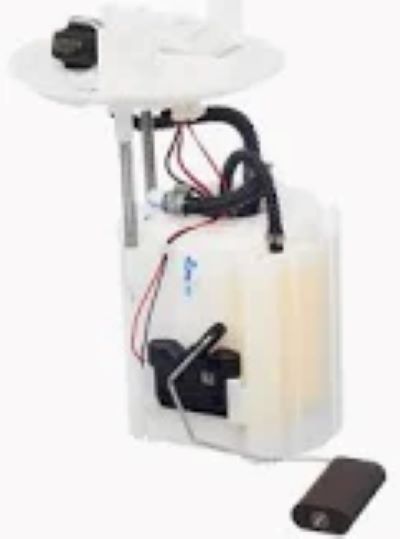The fuel pump is exposed to wear and tear from different sources: each affecting fuel pump performance and longevity. — Wear due to Advancing Age Mechanical wear due to excessive heat is a prominent source of fuel pump damage, belched out as heat whencarrying the pump work long enough in high-pressure atmosphere. For instance, in high performance vehicles where a fuel pump is being consistently run over 60 PSI the wear and tear at this level may reduce the life of the unit compared to those operating at standard pressures. This heat buildup make the fuel pump inefficient by as much as 20%, lowering its serviceable lifespan exponentially.
Another huge contributing factor is fuel contamination. According to industry statistics, dirty fuel accounts for over 40% of fuel pump failures. Dirt, rust, and other particles found in the fuel can jam or cause internal parts to malfunction within the filter or inside its own components. A prominent automaker parts supplier indicated that only 10 microns of fuel contamination can decrease a fuel pump's lifespan by as much as 30% per the results of a survey conducted.
Low fuel levels are also an equally common cause. This can cause the fuel pump to overheat and fail because the low fuel in the tank does not allow enough cooling for th e pump. Since a fuel pump is cooled by the gas that runs through it, keeping its temperature lower, running a car below a quarter tank can cause an inverted effect and inhibit the ability to properly cool due to insufficient fuel availability. Automotive parts manufacturer reported that during the summer months on average repairs for fuel pumps increased as much as 15 percent; low gas in combination with ambient temperatures was causing additional wear.

Lack of lubrication also causes wear. As with all moving parts, there is friction each time the pump runs that wears on the parts inside it. Fuel is the lubricant and poor-quality fuel can mean insufficient lubrication which leads to higher wear rates. Performance tests conducted by the auto industry experts reveal that fuel pumps surrounded by substandard petrol are 25 percent more likely to fail in the first five years of use.
And lastly, electrical problems are of another surprise related to causing fuel pump failure. Low or intermittent voltage supply can vary the operating speeds of fuel pumps, thereby leading to excess wear. According to a trade study, 10% of fuel pump malfunctions in vehicles built after 2015 were due to wiring or voltage problems.
Taking these in account, we realize that a Fuel Pump outright never fails but with appropriate maintenance and harness on the vehicle fuel system lengthens the lifetime of a pump. To reduce its wear, ensure that it does not overheat, provide clean fuel, prevent from running until empty and correctly supply voltage.